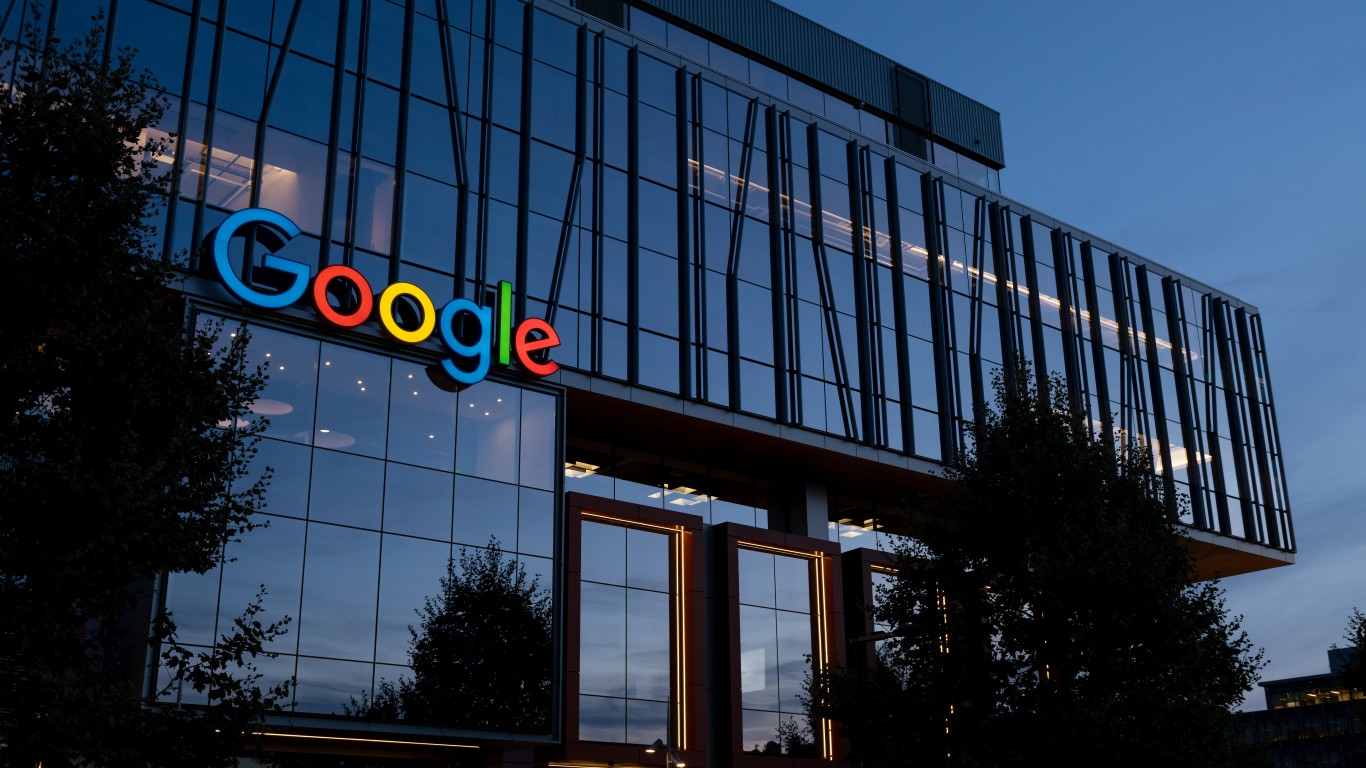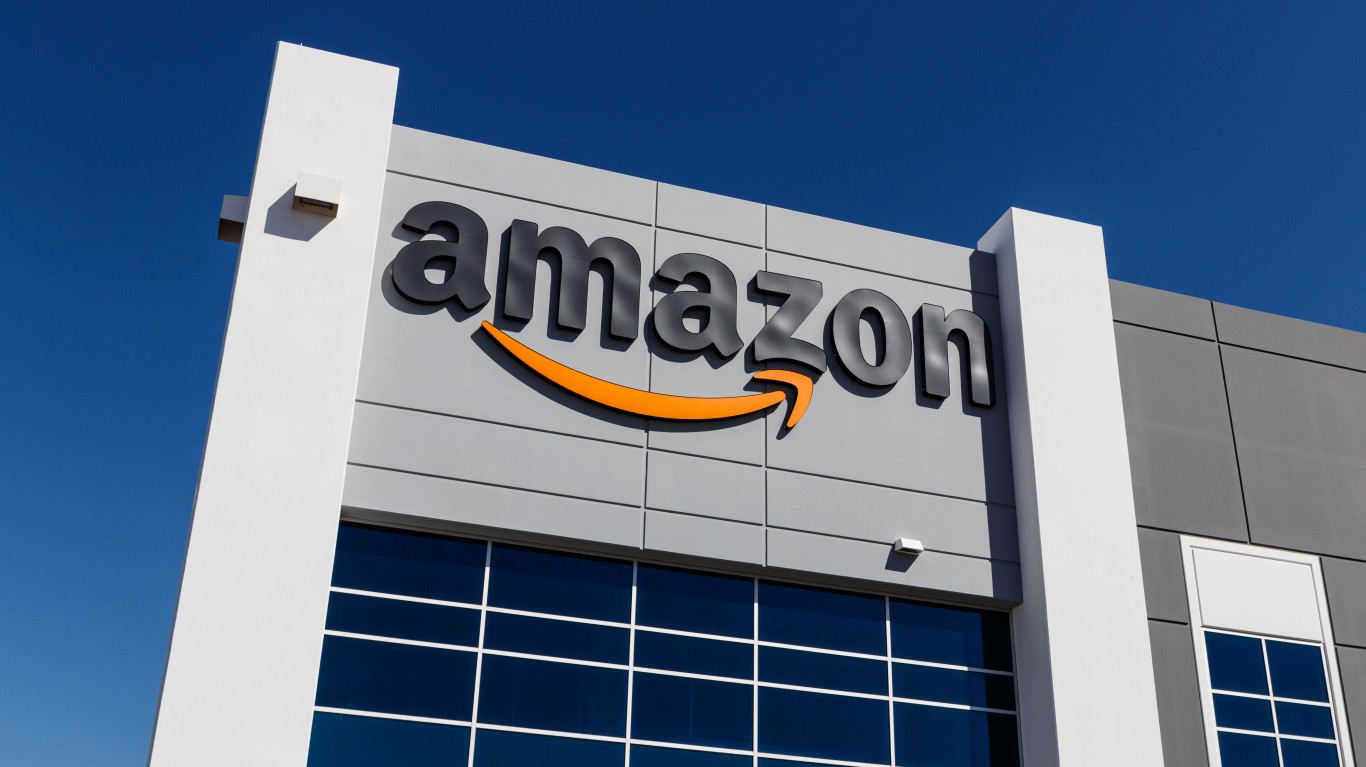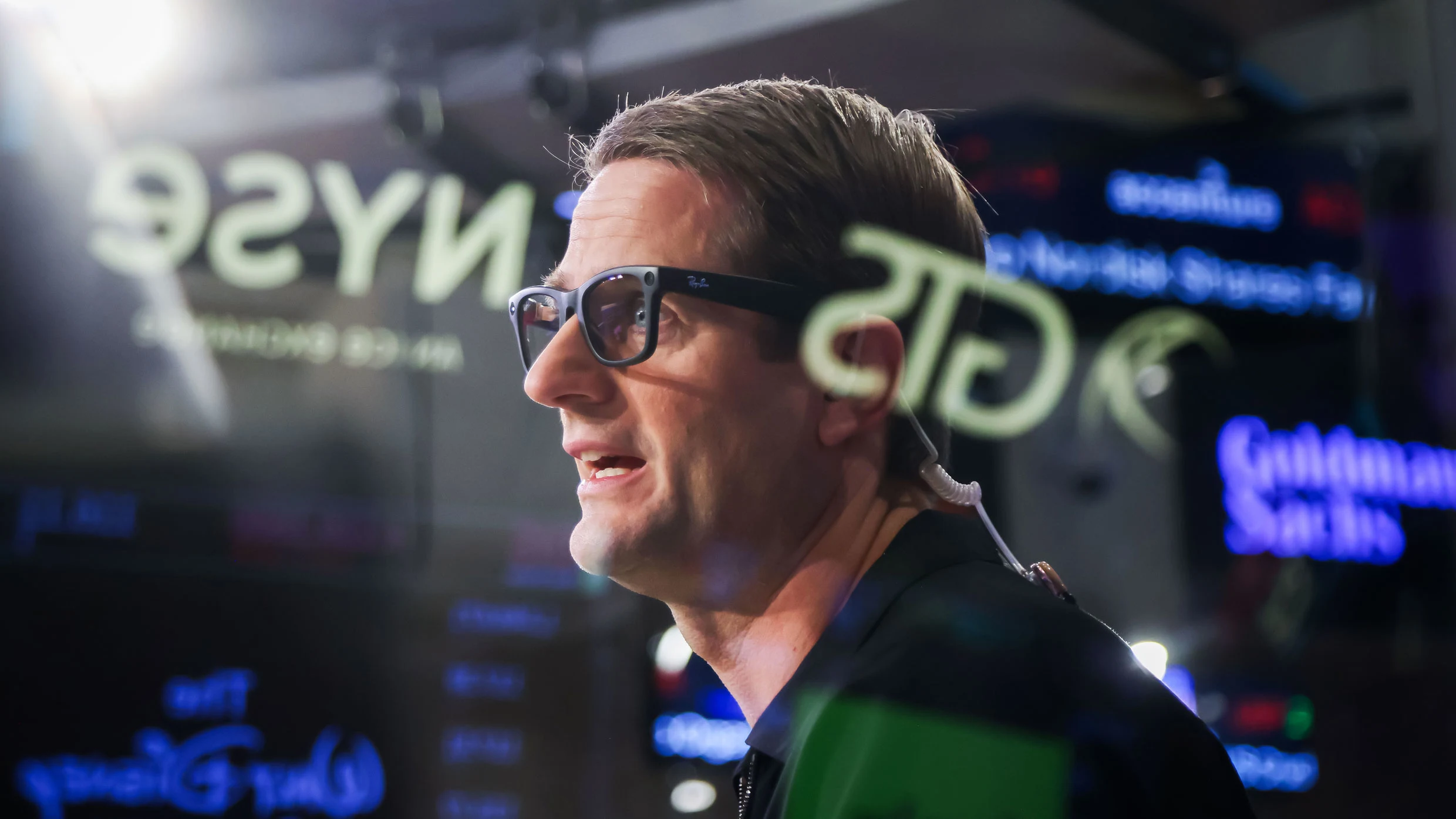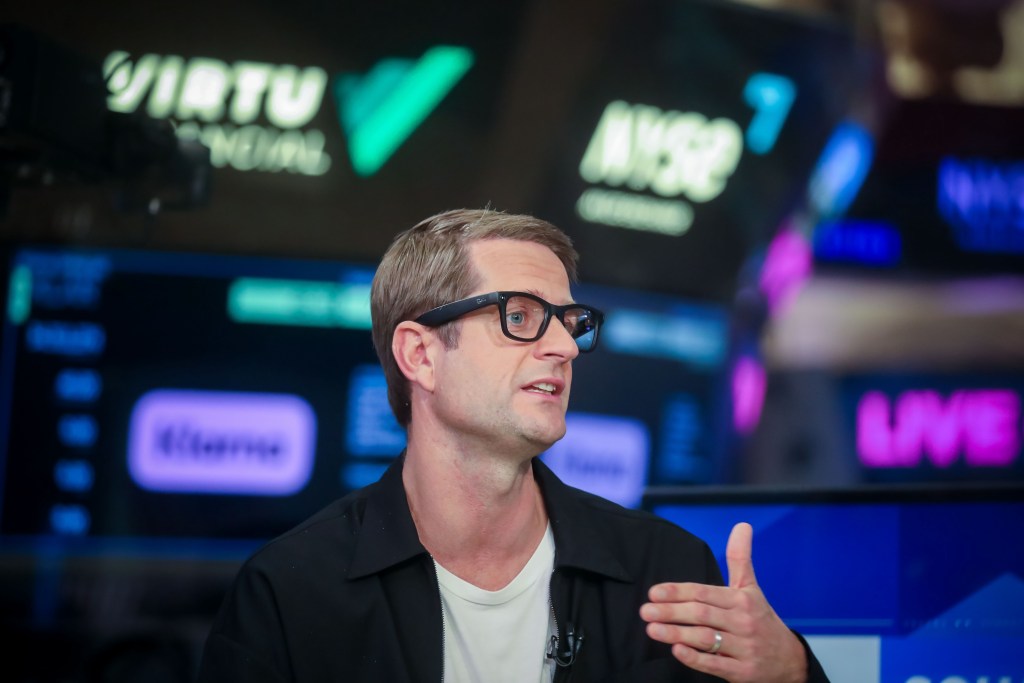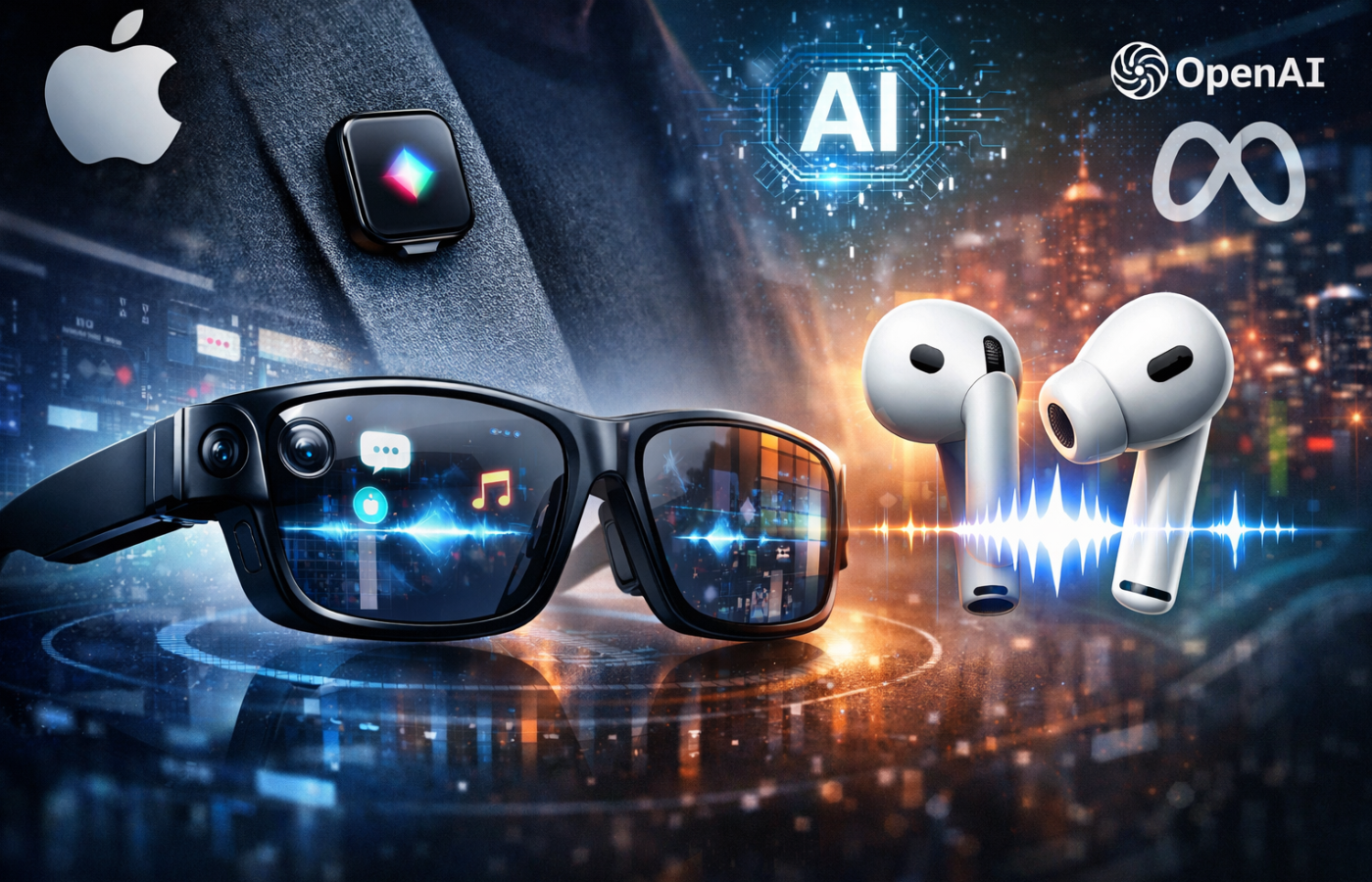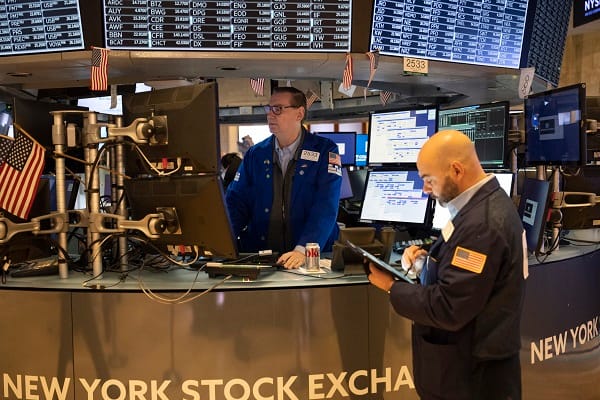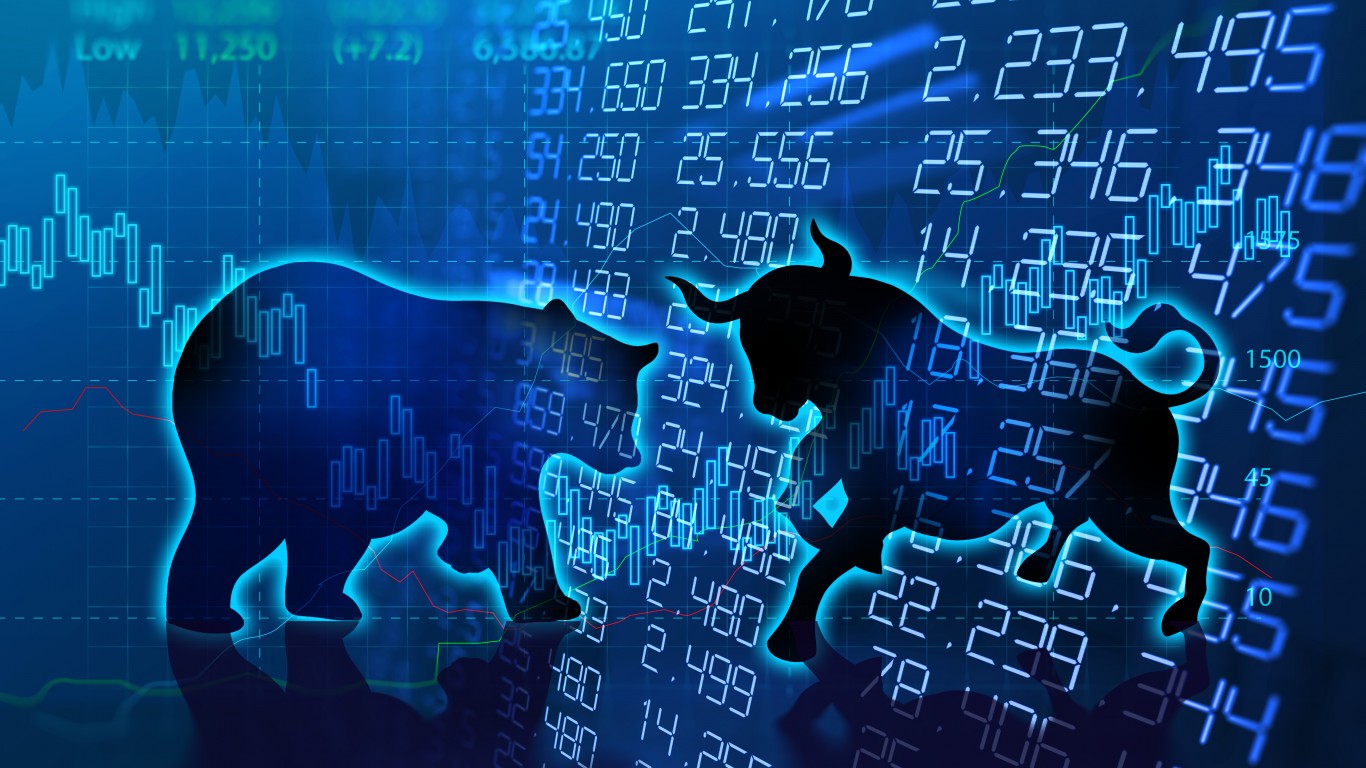Intellectual property law
fromPatently-O
5 days agoThe Recentive Ratchet: RPI's NLP Patent Falls to the New-Environment Rule
The Federal Circuit affirmed that a patent claiming natural language processing using case-based reasoning on a metadata database is ineligible under 35 U.S.C. § 101, establishing that applying established AI techniques to new fields does not overcome patent ineligibility.


